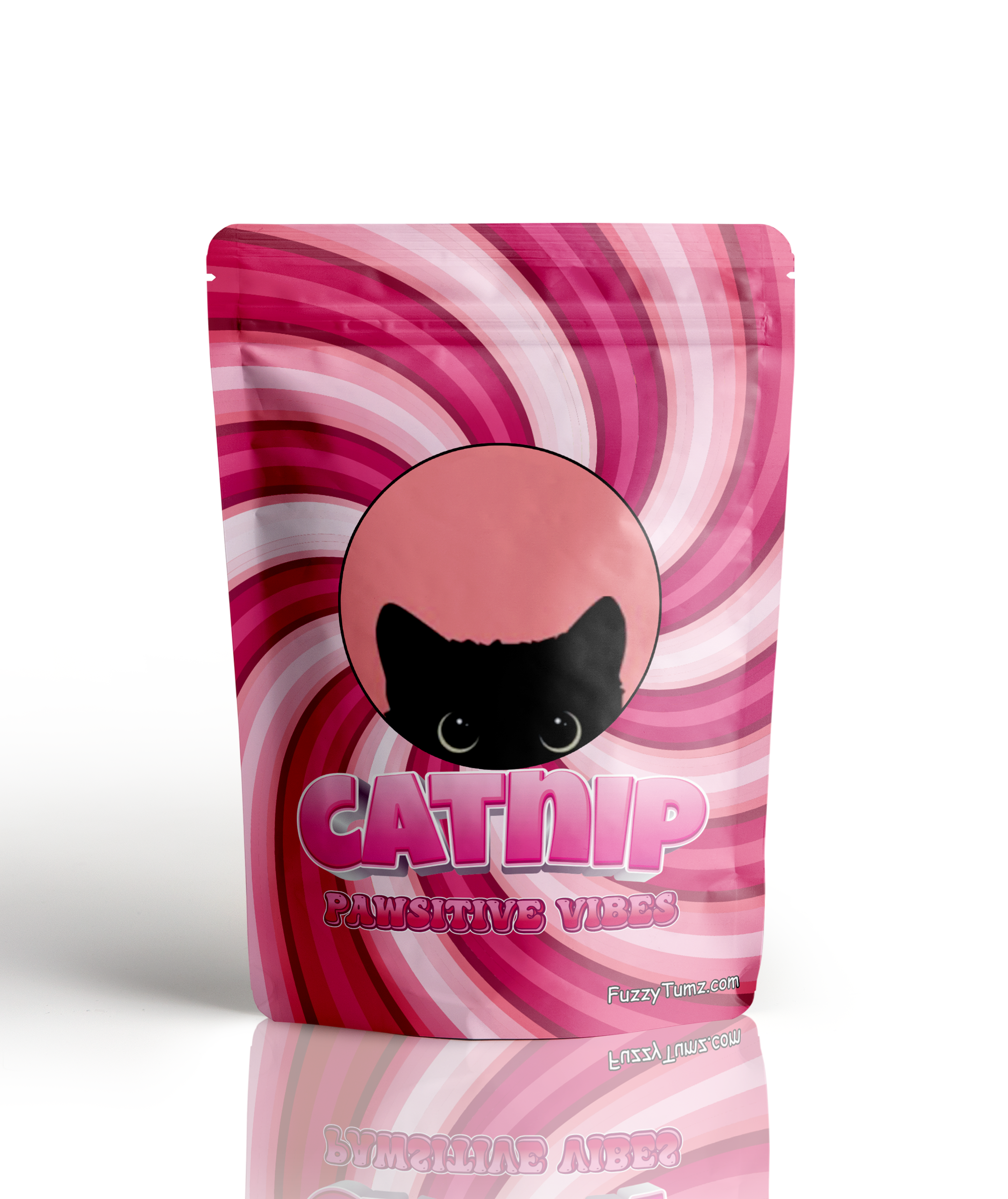Home » Cat Plants » Elephant Ears Plant Dangers: How It Can Harm Your Cat

Elephant Ears (Colocasia esculenta), also known as Taro or Alocasia, is a popular ornamental plant that is toxic to cats. While cats are not technically “allergic” to Elephant Ears, this plant contains insoluble calcium oxalate crystals that can cause severe irritation and injury if ingested.
The toxicity level for cats is considered moderate to severe. Elephant Ears are commonly found in gardens, landscaping, and as houseplants in many regions.
Ingestion may cause mild gastrointestinal upset, but is generally not life-threatening.
Ingestion can result in mild symptoms like vomiting, diarrhea, or drooling. Rarely fatal but may require veterinary care.
Eating these plants can lead to more pronounced symptoms like abdominal pain, lethargy, or difficulty breathing. Veterinary intervention may be necessary.
Ingesting even small amounts can cause severe symptoms like organ damage, seizures, or cardiac failure without rapid treatment.
All parts of these plants are extremely poisonous to cats and can quickly lead to death, even with immediate veterinary care.
** Please note: Please note that toxicity level can vary based on the amount ingested and the specific cat. It's always best to keep these plants completely inaccessible to cats and seek immediate veterinary care or call the poison hotline if you suspect your cat has ingested any part of a toxic plant.
If a cat ingests any part of the Elephant Ears plant, it can experience a range of uncomfortable and potentially dangerous symptoms.Common symptoms include:
In severe cases, cats may experience:
If you suspect your cat has ingested Elephant Ears, it’s crucial to seek veterinary care immediately. Your veterinarian may provide the following diagnoses:

A: Yes, cats can be allergic to Elephant Ears. Symptoms of an allergic reaction may include itching, sneezing, and skin irritation.
A: Yes, Elephant Ears, also known as Colocasia, Alocasia, or Caladium, are highly toxic to cats. Ingesting any part of this plant can cause severe symptoms and can be harmful if not treated promptly.
A: Symptoms of Elephant Ears poisoning in cats include vomiting, diarrhea, excessive drooling, difficulty swallowing, and swelling of the mouth and throat. Immediate veterinary care is crucial if ingestion is suspected.
A: To prevent contact, ensure that Elephant Ears are not present in your home or garden. Keep your cat indoors or monitor outdoor activities closely to avoid exposure.
A: If your cat ingests Elephant Ears, contact your veterinarian immediately. Do not induce vomiting unless instructed by a veterinary professional. Immediate medical attention is necessary.
A: Yes, Elephant Ears are commonly found in gardens and as ornamental plants. It is important to ensure this plant is kept out of reach of cats to prevent accidental ingestion.
Elephant Ears plants are native to Southeast Asia and have been cultivated for thousands of years. They were originally grown as a food crop, with the corms (underground stems) being a staple in many tropical and subtropical diets. The plant was introduced to other parts of the world through trade and exploration, becoming popular in the Pacific Islands, Africa, and later in the Americas.
In the 19th century, Elephant Ears gained popularity as an ornamental plant in Western countries due to its large, striking leaves. Today, it is widely grown for both its edible tubers and as a decorative garden plant. Various cultivars have been developed, offering a range of leaf sizes, colors, and patterns, making it a favorite among landscapers and home gardeners.
Please note: The information shared in this post is for informational purposes only and should not be considered as veterinary medical advice.
